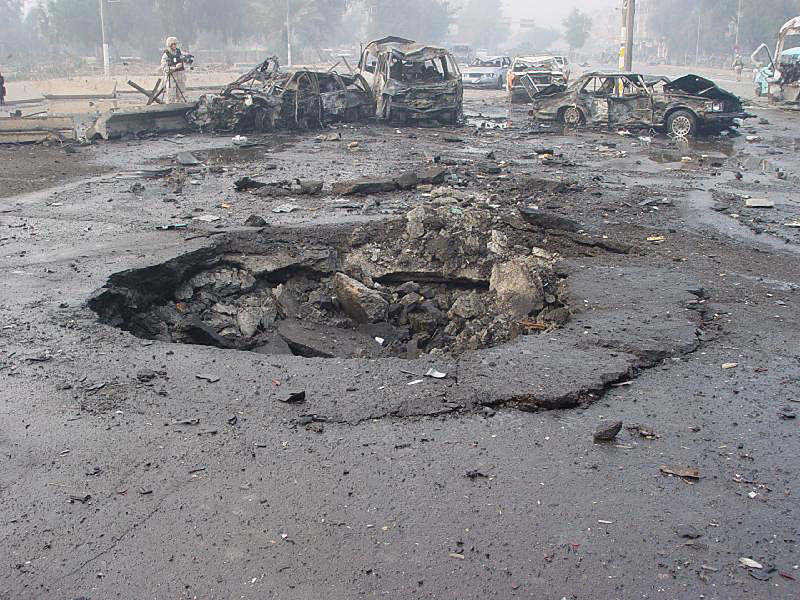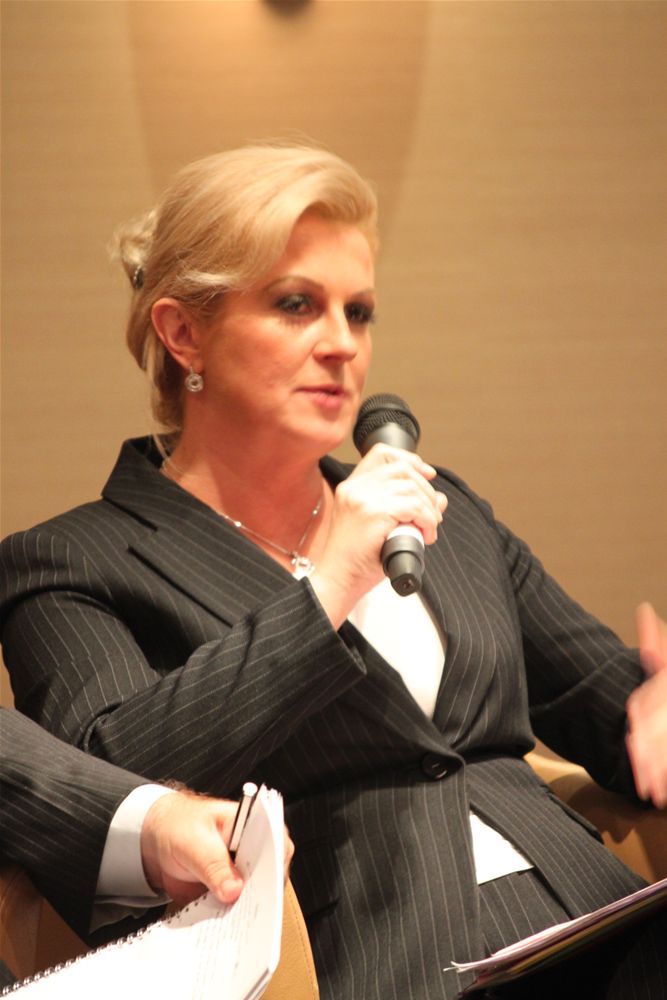You can view part 1 of this 3 part series here.
By definition, Islamic fundamentalists are those whose main objective is to fight against what they perceive as an aggressive, oppressive, dividing, and humiliating Western mentality that began during the Crusades and Colonial period. Islamic fundamentalist aggression is a defensive measure used to protect the Muslim community from outside aggression and crimes against Islam. Islamic fundamentalists have employed a terror tactic known as “global jihadism” in the name of their cause. The best known global jihad attack is that on the World Trade Centers in the United States on September 11, 2001, which saw 19 suicide hijackers fly into the buildings and kill thousands of innocent people. Under the direction of Osama bin Laden, the Islamic fundamentalist terrorist organization called al-Qaeda became a household name. In response, the American counter-terrorism community, in cooperation with governments around the world, initiated its global war on terrorism. Other Islamic fundamentalists use similar tactics of global jihadism to fight back against the perceived Western oppression. In the years following the jihadist attacks on the World Trade Center, Jihadist terrorists conducted devastating assaults on twenty one different countries, including Great Britain, Spain, India, Israel, and Russia. This clearly indicates the complexity and magnitude of Islamic fundamentalism by showing the sheer size and global reach of the attacks, as well as the suicidal “jihadist” means of carrying out the attacks.
The militant interpretation of the Quran makes it very difficult to determine who is and who is not an enemy of Islam.
Islamic fundamentalism, along with its primary tactic of global jihad has a very extensive and organized history. In modern times, the most prominent group of Islamic fundamentalists is al-Qaeda, which is the group that carried out the September 11 World Trade Center attacks, as well as other major attacks around the globe. It is important to emphasise the foundations of Islamic fundamentalism has come from an extreme and very literal interpretation of the Muslim religious text the Quran. For centuries, Islamic fundamentalists have used their extreme interpretation of the Quran to carry out and justify violent acts in the name of their religion. Historically speaking, Islamic fundamentalism can be dated back to the crusades, when Yusef, the ruler of Egypt was called to engage in a battle against the Christians. The Islamic fundamentalist community has a very extensive history of violence and extremism against those whom they believe to be their adversaries. The militant interpretation of the Quran makes it very difficult to determine who is and who is not an enemy of Islam. The broad and subjective interpretation that Islamic fundamentalists use to identify threats to Islam is extremely dangerous. A plethora of groups could be targeted, including Islamic groups that do not share the same fundamentalist interpretations of the Quran, and various non-Islamic groups.

Islamic fundamentalism is very large in scope. It is difficult to determine exactly how many individuals fall into this category; however, it is much more feasible to look at a select group of Islamic fundamentalists, like al-Qaeda for instance. Al-Qaeda is the most notable collectively Islamic fundamentalist group in the world, yet its membership and affiliations cannot be exactly pin pointed. It is known; however, that since 9/11 al-Qaeda has had 3,400 suspects arrested worldwide. Based on this statistic, it is clear al-Qaeda has a very large membership in the thousands as there are undoubtedly more members that are not known to counter-terrorism authorities. It must also be noted that since 9/11, a significant amount of al-Qaeda’s financial assets in the hundreds of millions of dollars have been frozen by authorities. The volume of personnel and money possessed by al-Qaeda clearly indicates that it is a force to be reckoned with in the sphere of international security.
There is no doubt that Islamic fundamentalism is a form of terrorism that is a relevant threat to society. The complexity of terrorist attacks completed by Islamic fundamentalist groups, like 9/11 and the London Subway bombings require a large collective of personnel and funding. Based on the intelligence gathered, it is clear that the size and scope of Islamic fundamentalist organizations is very large and threatening to international security. According to the United States Senate Committee; “al-Qaeda is and will remain the most serious threat to the homeland, as its central leadership continues to plan high impact plots, while pushing others in extremist Sunni communities to mimic its efforts and to supplement its capabilities”. Although the United States is often seen as a target of Islamic fundamentalism, it is imperative to note that the United States is as a leader in Western ideology, therefore, a threat to the United States should also be considered a threat to other nations that do not share the same Islamic fundamentalist ideals as al-Qaeda and other similar Islamic fundamentalist groups.




